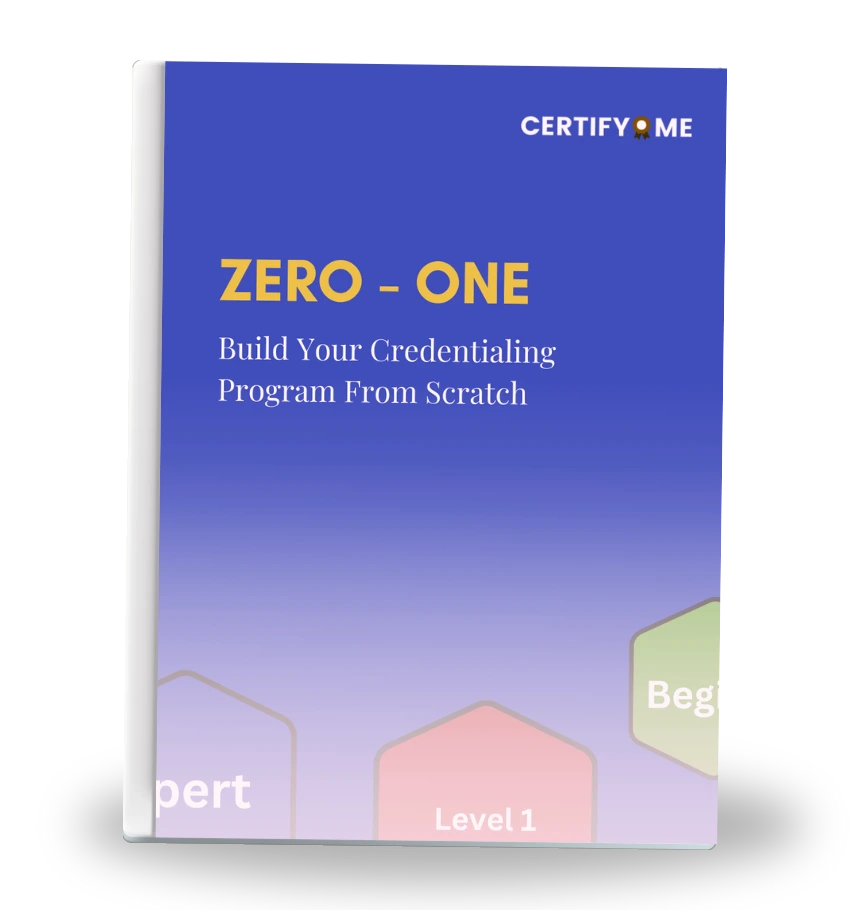Summary
Three Effective Advantages of Verifiable Digital Records
Three Effective Advantages of Verifiable Digital Records
Everyone aware of the recruitment process knows the significance of having work and experience records, documents and credentials. Work experience plays a crucial role in gaining a large scale job.
In earlier days, physical records and certification displayed the competency of work records but in today’s digitally transformed world, Digital Credentials are the virtual proof and equivalent to paper-based documents and certifications.
The need for Digital Credentials:
The worldwide pandemic has compelled many companies to undergo digital transformations overnight, resulting in a skills-gap catastrophe. To keep up with the pace of commercial activity, companies had to train their personnel in new learning skills. However, training alone was insufficient to demonstrate the employees’ ability in the skill, necessitating the use of digital credentials to recognise the candidate’s potential, skills, and interests.
Aside from that, the rise in the issue of fraudulent certification and credentials has made it difficult for recruiters to qualify and hire the best candidate for the job. The blockchain-based digital credential is backed by meta-data, making it traceable and easy to validate the identity and content of the credential.
Three Effective Advantages of the Verifiable Digital Records:
For the Employer:
The Human Resource or Recruiter is in charge of qualifying and employing the best candidate for the job based on the requirements of the company. Qualifying a candidate with a forged credential has a significant impact on corporate operations and may also harm the company’s reputation.
Digital records are easier to verify and trace since they are backed by meta-data. The identity and contents of the digital record may be easily verified by the recruiter with the issuer. A good track record of hiring may help attract new employees and candidates, enhancing the company’s brand value.
For the Employee:
Employees can use verified digital records to keep, document, and manage their job experience and qualifications to advance in their careers. Employees can also share their work records via email or on social media sites such as Facebook, Instagram, and Twitter. They can also provide a link to the digital record in their resumes or portfolios.
For the Learners:
Learners who have recently received a digital credential have complete control over their records, including where data is displayed and who gets access to their work records. The recruitment procedure is much faster since digital credentials demonstrate their expertise in the skills they have gained and verify the contents.
In Conclusion:
The most effective and simple way to track job records, career history, and display competence in new learning skills is to use digital credentials. Digital credentials could be the key to progressing in your profession and showcasing your accomplishments on digital platforms.

 Author :
Author : 







